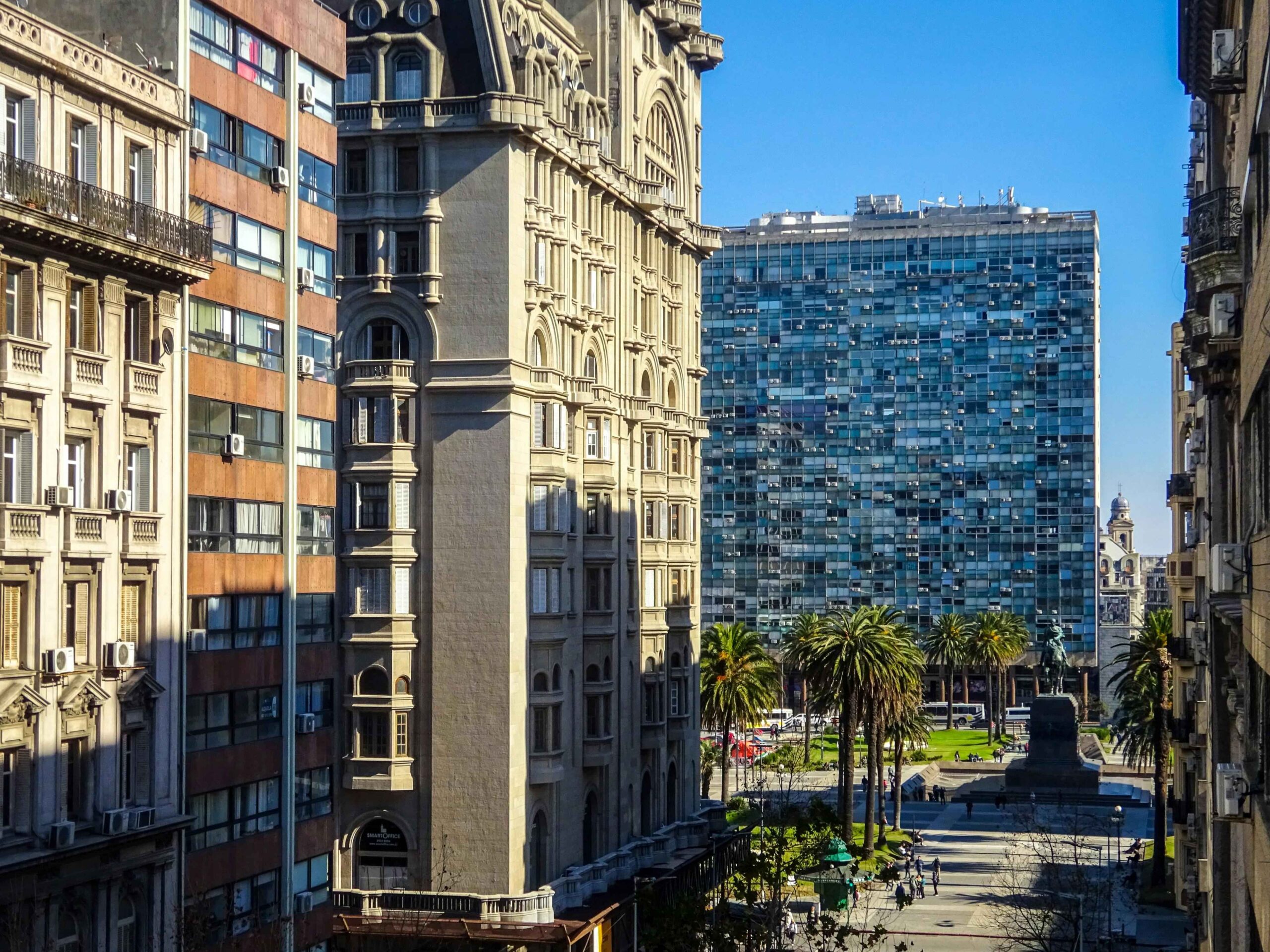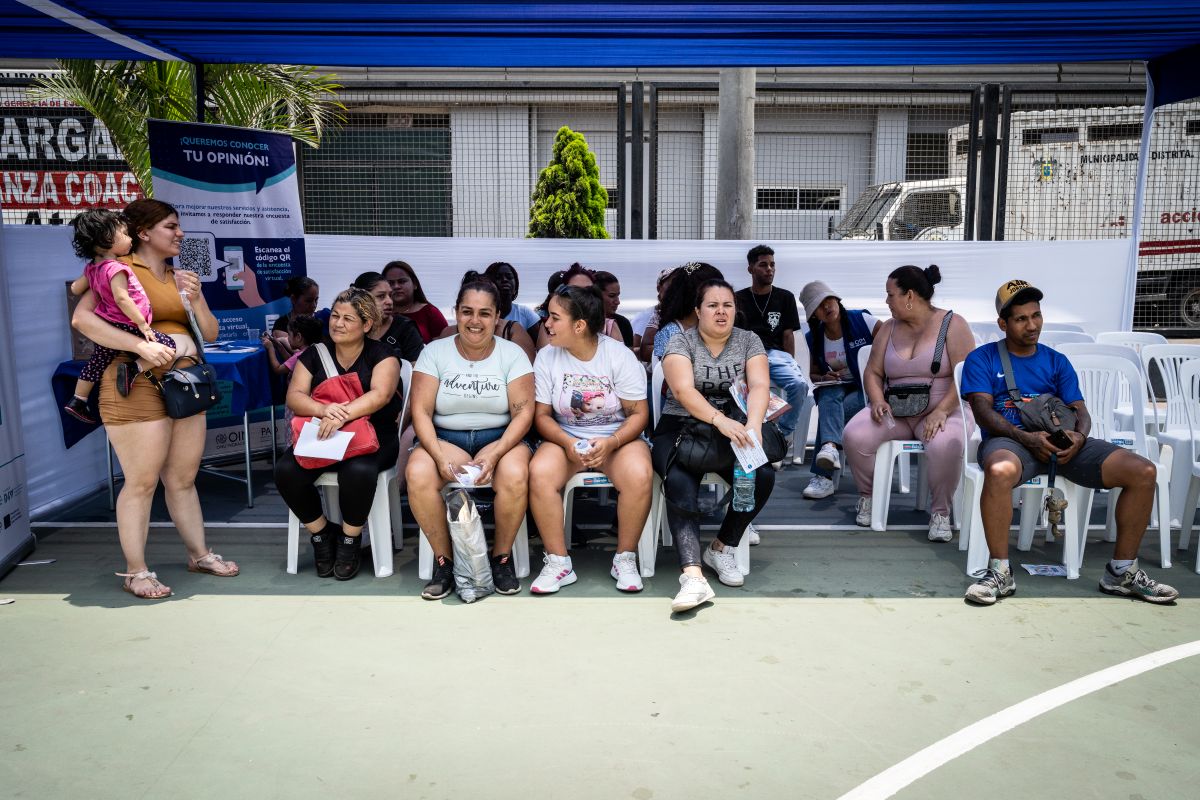
The influence of Safe Mobility Offices (SMO) on mixed migration in Latin America
Safe Mobility Offices (SMO) were set-up by the United States administration in Latin America to offer safe alternatives to irregular migration, so that:
“…refugees and vulnerable migrants do not have to undertake dangerous journeys in search of safety and better opportunities.” (US State Department – Safe Mobility Initiative)
This study aimed to assess the objectives and functioning of SMOs, who can access them, how they influence migration decisions and dynamics, and whether the model is replicable in the context of mixed and irregular migration towards Europe.
Since the SMO initiative was announced in April 2023, SMOs have been set up in Colombia, Costa Rica, Guatemala, and Ecuador. The offices are run in cooperation with host countries, the United Nations High Commissioner for Refugees (UNHCR) and the International Organisation for Migration (IOM). Eligibility criteria on who can apply varies between host countries.
Data was collected from April to August 2024 through a desk review and 74 qualitative interviews conducted in Colombia, Costa Rica, Ecuador, Guatemala, the U.S., and Europe, involving migrants, refugees, U.S. government agencies, UN bodies, and migration experts.
Read our press release: Promise and Shortcomings of SMO influence on mixed migration.
For a quick overview download the SMO Fact Sheet
Download the report in English Descargar el informe en español
Key Highlights
– SMOs are an innovative way of addressing the challenges of dangerous irregular migration and demonstrate what is possible with political will and cooperation. However, their shortcomings must be addressed.
– SMOs have expanded access to resettlement. From April 2023 to May 2024, 9,000 individuals have been resettled in the USA through SMOs, and another 11,000 individuals have been approved for resettlement.
– Access to SMOs is restricted by eligibility requirements which vary by country with an SMO, but can exclude vulnerable migrants such as those in transit, without legal status, or those who more recently started their migration journey. These types of restrictions limit SMO capacity to reach some of the most vulnerable or at-risk people on the move.
– The creation of a web-based system has been innovative in allowing applicants to identify themselves, rather than via gatekeepers, but it risks excluding those who struggle to access technology.
– While the numbers of people resettled from Latin America to the US have increased thanks to SMOs, they are dwarfed by the number of the same nationalities arriving at the southern border.
– SMOs do not directly provide alternatives for those not approved for resettlement. SMOs do not provide direct support to apply for other legal pathways to the US such as humanitarian parole, family reunification or work visas. As such SMOs will have a very limited impact on overall migration dynamics.
– The simultaneous escalation of US border security and containment measures may push people further to use unsafe migration journeys and counter the positive potential of SMOs.
– SMOs are a potential model for better managing mixed migration, showing what can be done with political will and cooperation, but their limitations need to be addressed to truly reach their full potential and offer safe alternatives to people on the move.


